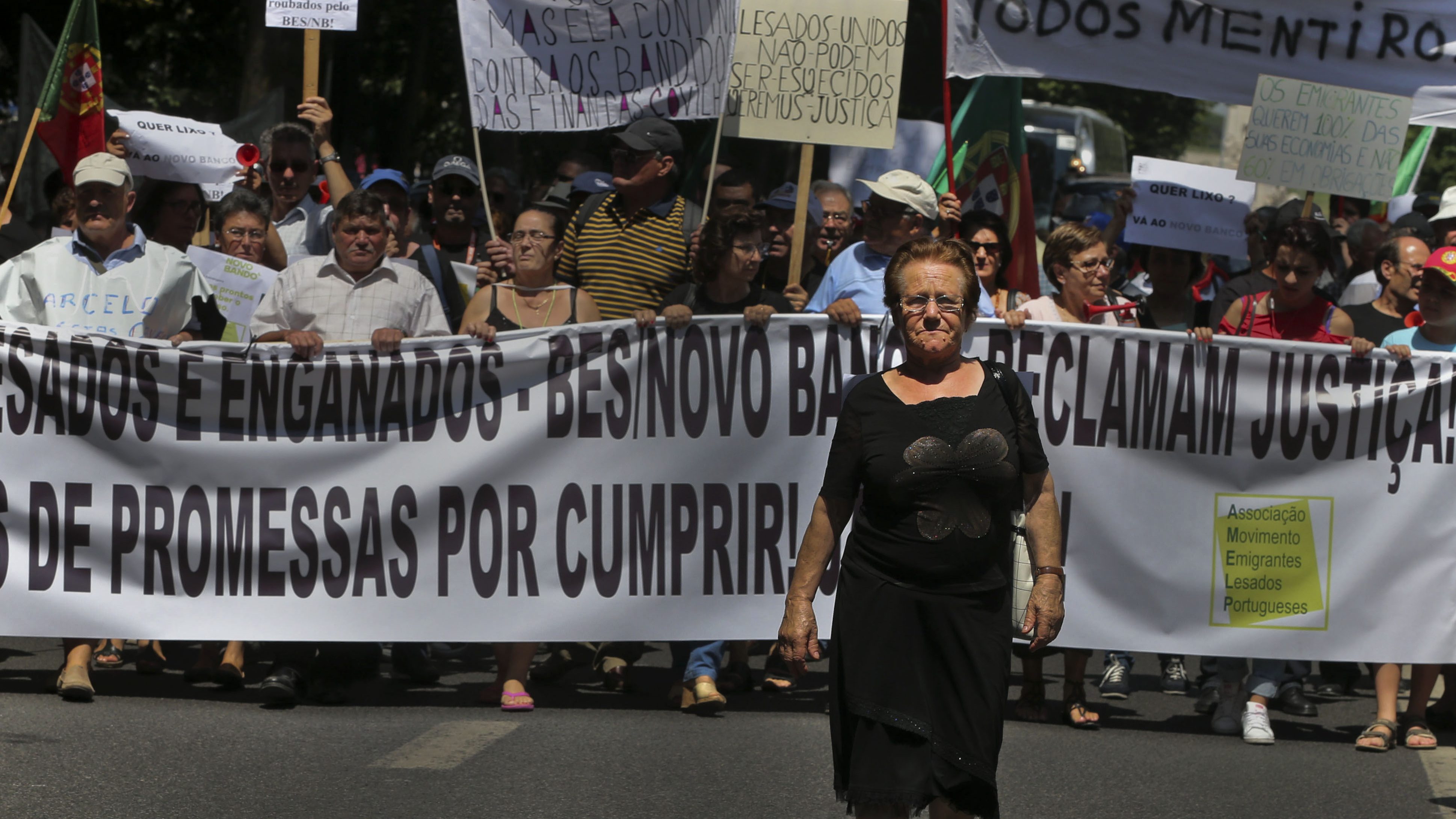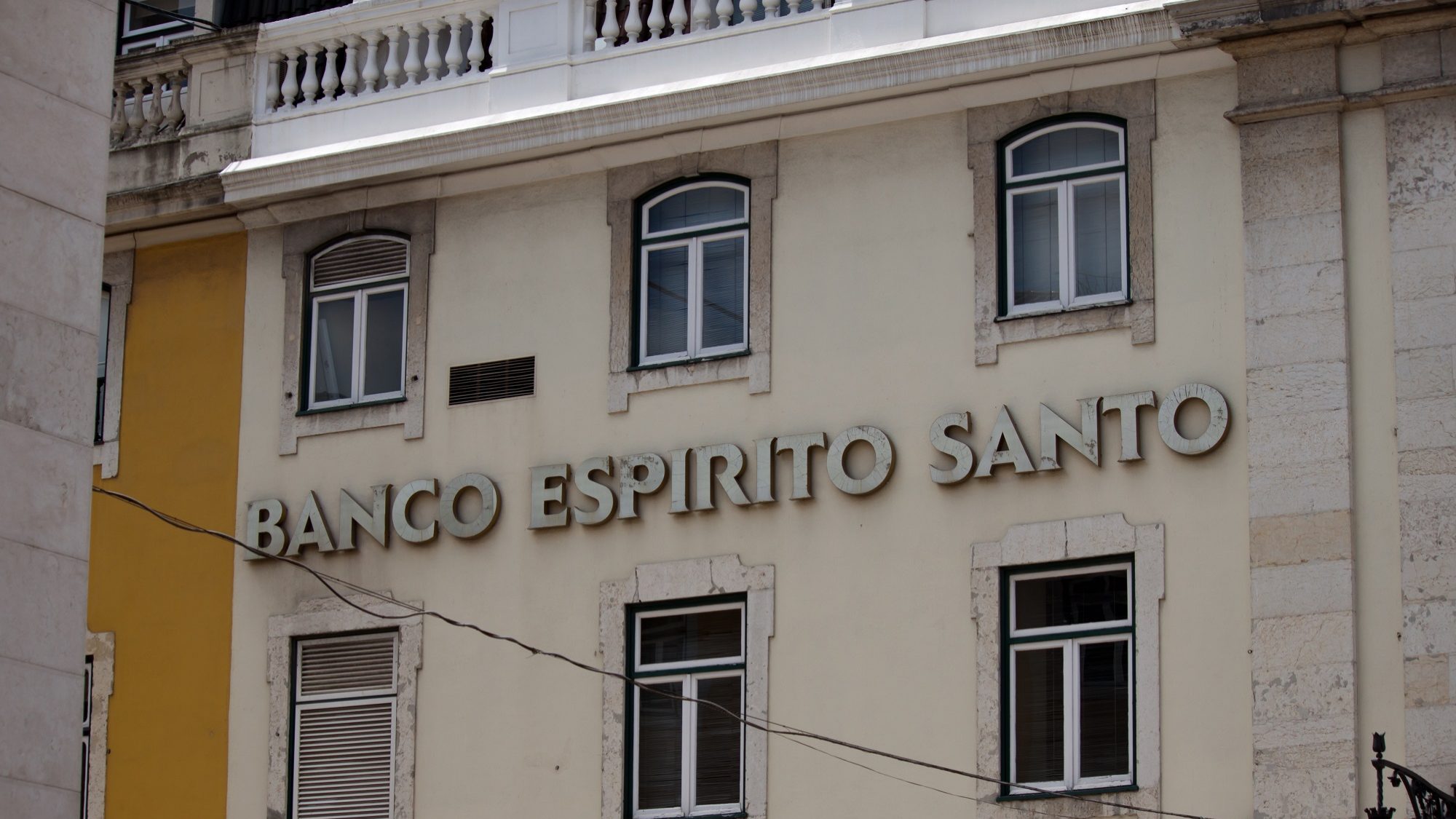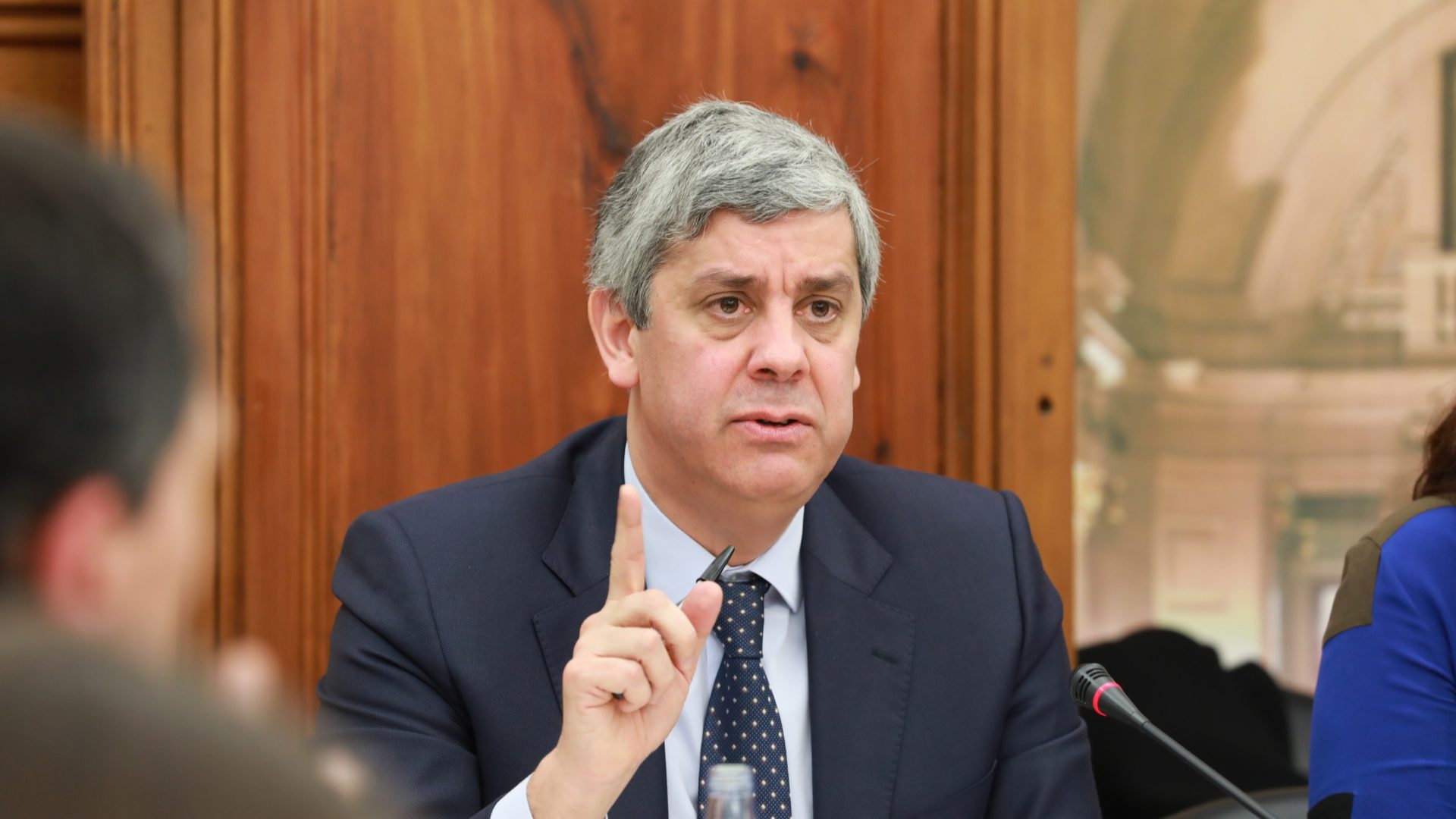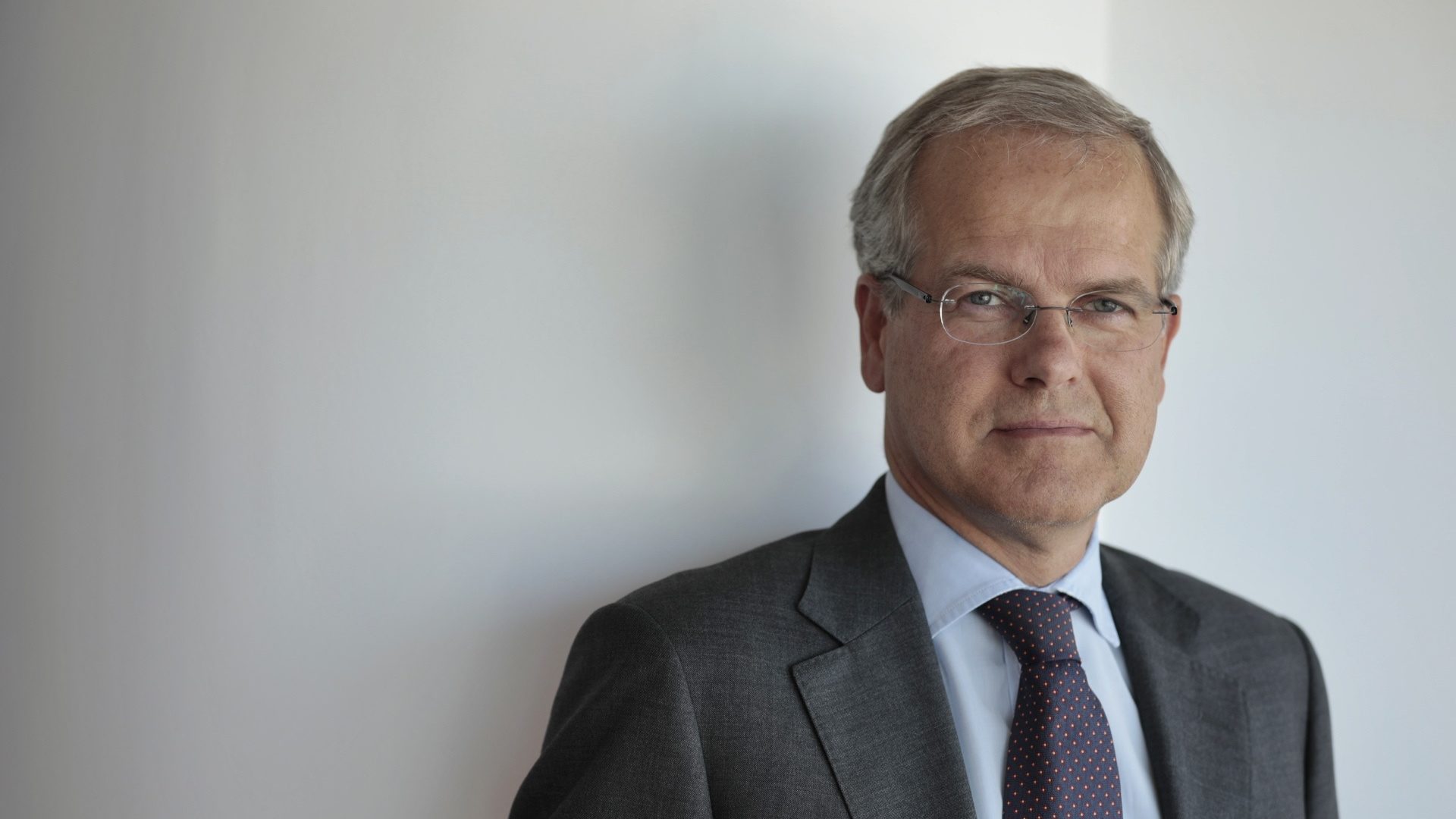Former BES clients can start recovering their investments
The decree law regulating the credit recovering funds has been published in the Portuguese Official Journal, effective immediately.
This was the missing step for BES former clients to start recovering part of the money they invested in commercial paper from Espírito Santo Internacional and Rioforte. The decree-law regulating the credit recovery funds has been published, this Friday, on the Portuguese Official Journal, and it is to be enforced on the day after its publication.
The new regime had been approved in March, on the Council of Minister. The goal was to “minimize the losses suffered by non-qualified investors concerning the acquisition of financial instruments sold abusively by credit institutions subject to resolution measures or whose licence has been revoked”. This was the case of Banco Espírito Santo (BES): more than two thousand clients suffered losses of 400 million euros with the resolution of BES, because of the commercial paper purchases they made, an investment which was later considered lost.
Three years after the collapse of BES, and with the publication of the new regime in the Portuguese Official Journal, the solution found by the Government, regulators and the association representing those former clients can finally start being implemented. Investors will receive their money back in parts. Clients who invested up to 500 thousand euros could receive up to 75% of the investment; those who invested more than 500 thousand euros, will recover 50%.
If the bank was not transparent, the money can be recovered
The new regime sets forward that from now on, non-qualified investors who lost money can regain it as long as these four conditions are met:
- Financial instruments must have been sold by credit institutions which was subject to resolution measures, or by entities which relate to that institution;
- The issuer of those financial instruments had to be insolvent or in a difficult financial situation by the time of the sale;
- That financial information wasn’t accounted for in informative documents made available to investors, or there was a violation of the financial intermediate duties coming from the commercialization entity;
- There is evidence that the entities which commercialized financial instruments at issue can be held accountable for satisfying those credits.
The diploma states that investors who take part in the process of credit recovery will be entitled to “receive the amount correspondent to the amortization and reimbursement portion”, as well as to “receive the contractually defined payments, if applicable”. In addition, the decree also defines that “the constitution of credit recovery funds must be authorized” by the Portuguese regulator CMVM. Funds have a maximum ten-year maturity, and their extension is allowed for more than once, for a smaller time frame then the initial maturity.




